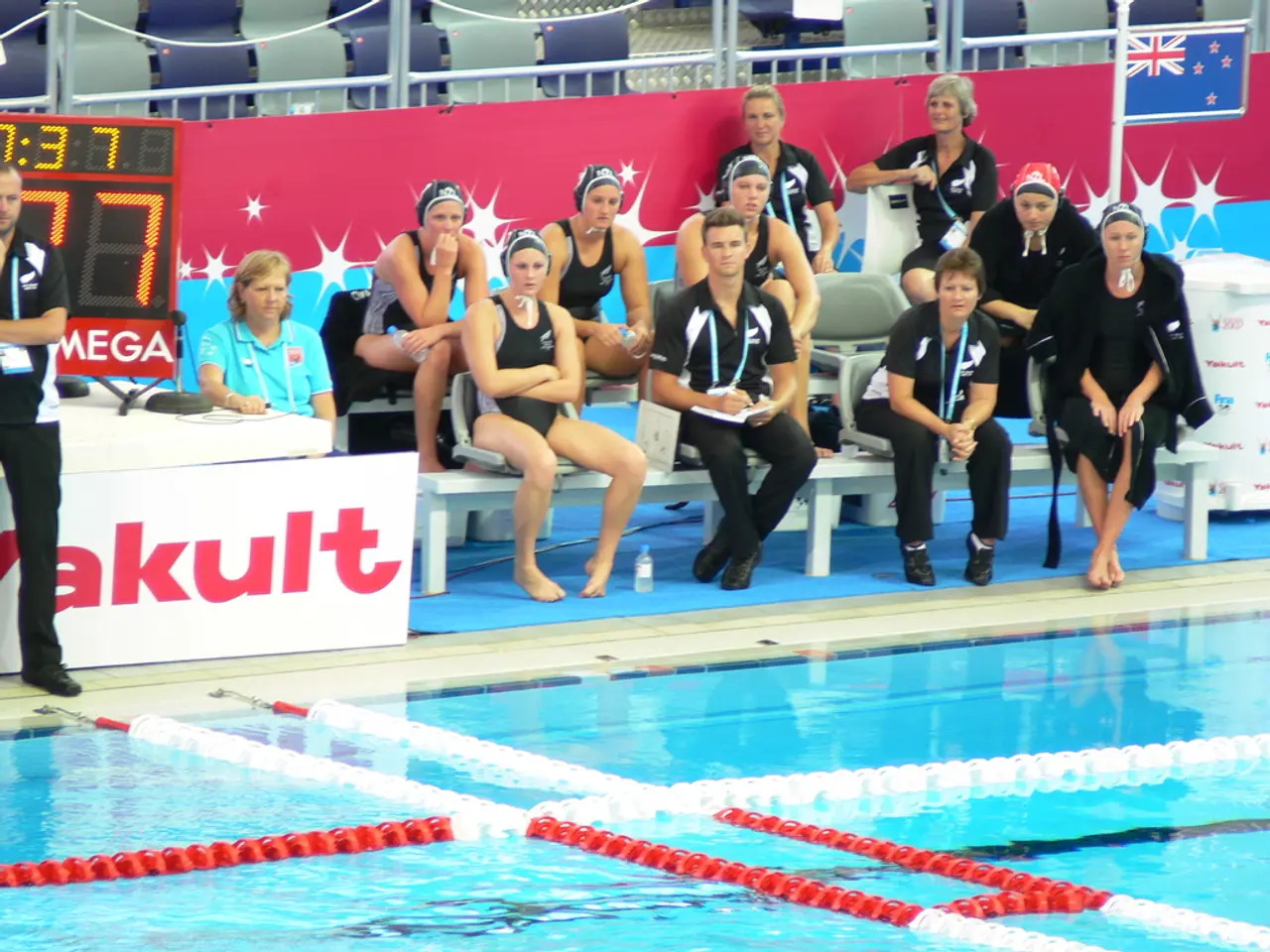Public German Open-Air Baths on the Brink - "Not Again"
Public swimming pools across Germany are facing significant challenges, primarily due to financial strains on municipalities and difficulties in recruiting qualified personnel.
Municipalities, the usual operators of public pools, have been under pressure from limited budgets. This pressure has been influenced by broader economic slowdowns and debt concerns in Germany's public sector, as the government balances fiscal policies amid low growth forecasts. This financial pressure restricts investments in the maintenance and operation of public recreation facilities, including pools.
Staff shortages stem from challenges in finding and retaining specialized workers such as lifeguards and pool maintenance staff. This shortage is exacerbated by an aging workforce, lower attractiveness of the jobs (in terms of pay and working conditions), and increased regulatory requirements. Seasonal and part-time nature of many pool jobs further limits labor supply.
Experts propose several solutions to these problems, including:
- Increased public funding and targeted subsidies to municipalities to maintain and upgrade pool facilities, ensuring they remain financially viable.
- Improved pay and working conditions for pool staff to attract and retain skilled employees.
- Training and certification programs to grow the pool of qualified workers, including incentives for younger generations.
- Public-private partnerships or outsourcing operational responsibilities to specialized companies that can manage costs better while maintaining service quality.
- Innovations in pool management such as energy-efficient technologies to reduce running costs and flexible scheduling to optimize staff availability.
These approaches aim to sustainably address deficits and workforce challenges while preserving public access to swimming pools, which are important for health, safety, and community recreation.
Recent data suggests that the situation is particularly noticeable during the summer, due to increased usage of public pools. The closure of pools, such as the one in Neunkirchen-Wiebelskirchen from July 22 to 27, is a direct result of staff shortages. Absence of a single employee can have serious consequences for a public pool.
Disrespectful behavior and non-adherence to rules are currently major issues in public pools during the summer season. The Bathing Alliance is calling for the federal government to contribute more to renovation costs, as they believe that responsible parties are saving in the wrong places or not planning properly.
Users on the net express disappointment and anger about the closure, with some suggesting the "Lakaibad" as an alternative. The Lakaibad is a floating pool concept that could potentially provide a solution to the current challenges faced by traditional public pools.
In conclusion, the situation of public pools in Germany needs to change. Increased funding, improved working conditions, and innovative solutions are all key to ensuring the long-term viability of these essential recreational facilities.
- In an attempt to improve the current situation, experts are advocating for increased funding for municipalities to upgrade pool facilities, providing a sustainable solution for both their financial viability and community recreation needs.
- As a potential alternative to the traditional public pools, the Lakaibad – a floating pool concept – could offer a practical solution to the challenges related to staff shortages, maintenance, and financial strain that many public pools are facing.
- In addition to physical health benefits, public pools also play a vital role in promoting wellness and lifestyle choices through community recreation, making it essential to address the current issues and invest in their future.




